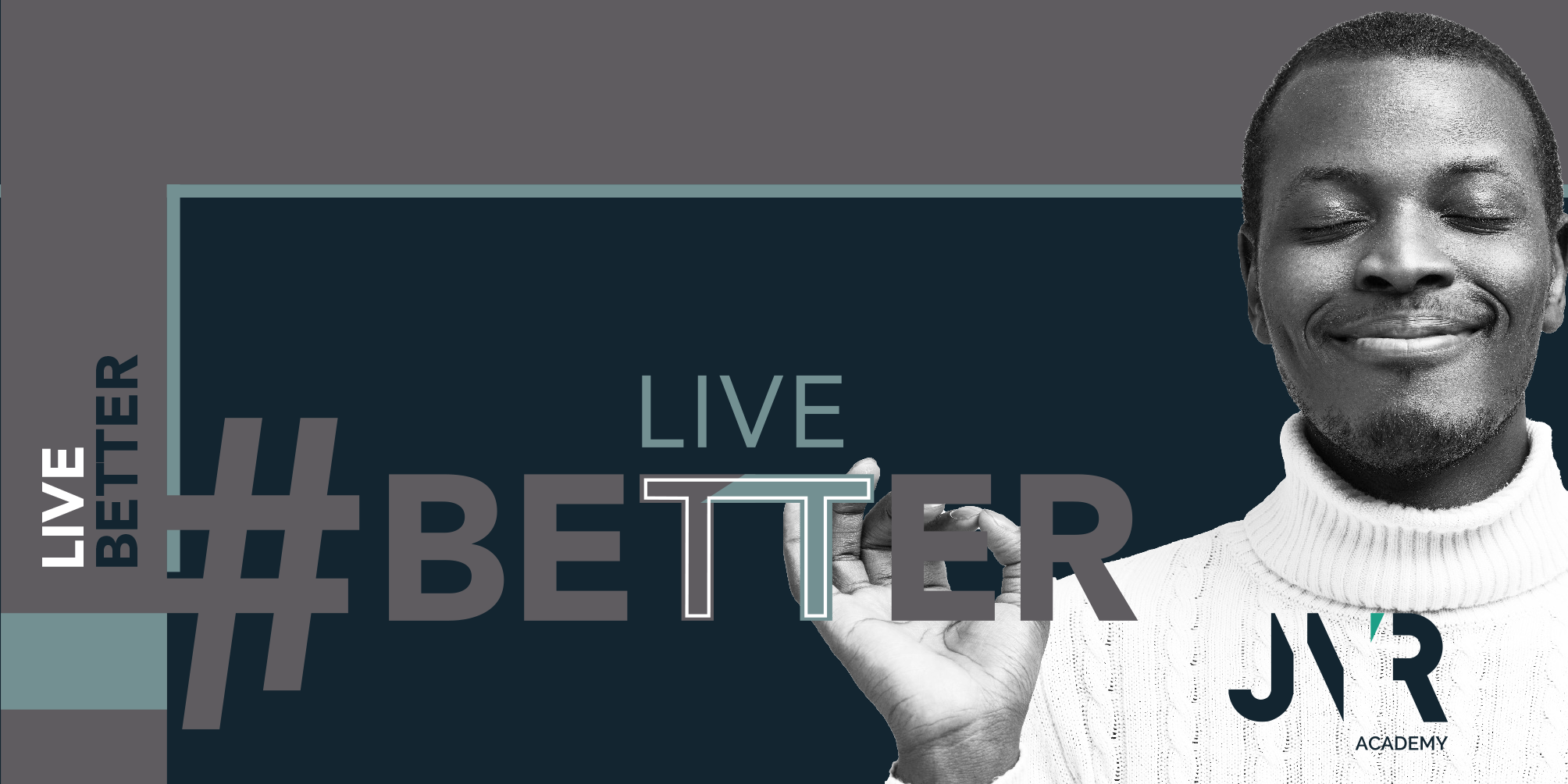“I just need a weekend to catch up on sleep,” I told myself, again. But the weekend came and went, and I still felt hollowed out. What used to be small tasks—replying to emails, attending meetings, even deciding what to have for lunch—felt overwhelming. I wasn’t just tired. I was done.
That was the moment I realised I was burned out.
The slow burn
Burnout rarely arrives like a thunderstorm. It sneaks in quietly, often wearing the disguise of productivity. For months, I had been working long hours, saying yes to every request, and telling myself that pushing through was noble. But underneath it all, I was running on fumes.
I started noticing the signs:
Constant exhaustion that didn’t improve with rest.
Cynicism and detachment from work I once cared about.
Feeling ineffective, like no matter how much I did, it was never enough.
These symptoms weren’t just in my head. According to the World Health Organization (2019), burnout is a syndrome stemming from chronic workplace stress that has not been successfully managed. It’s marked by three dimensions: energy depletion, increased mental distance or negativism about one’s job, and reduced professional efficacy.
The breaking point
One Thursday morning, I sat in front of my computer and stared at the screen for 20 minutes. Nothing. I couldn’t remember what I was supposed to be doing, and worse, I didn’t care. That scared me.
I booked a day off and went for a long walk. I needed clarity. I thought about what brought me joy before everything got so heavy—reading, morning coffees with friends, going offline on weekends. When did I stop doing those things?
That day marked the start of my recovery.
The road back
Getting back on track wasn’t a quick fix. It was a gentle, deliberate journey. Here’s what helped:
1. Acknowledging the burnout
Admitting I was burned out wasn’t easy. We live in a culture that celebrates hustle and labels rest as weakness. But acknowledging it allowed me to seek support—from a coach, from colleagues I trusted, and from my family. Research shows that recognising burnout is a key first step to recovery (Maslach & Leiter, 2016).
2. Setting boundaries
I started saying no. At first, it felt uncomfortable, even selfish. But I realised that boundaries aren’t barriers; they’re bridges to sustainability. I blocked out focus time, implemented no-meeting-Wednesdays, declined non-essential meetings, and stopped checking emails after hours.
3. Reclaiming joy
I made time for things that filled me up—reading novels, gardening, listening to music. These small joys reconnected me to myself outside of work. As Brown (2019) writes, play and rest are not optional luxuries but essential for wholehearted living.
4. Redefining success
I used to equate success with output. But burnout taught me to measure it differently: Am I present in my life? Am I aligned with my values? These questions became my new compass.
5. Professional help
I worked with a psychologist who helped me understand the deeper patterns that led me to burnout—perfectionism, people-pleasing, and a fear of being seen as ‘not enough’. Therapy gave me tools to rewrite those stories.
A new way forward
It’s been over a year since that Thursday when I couldn’t type a word. I’m not the same person—I’m more aware, more compassionate with myself, and more protective of my time and energy.
Burnout isn’t a personal failure; it’s a signal. A message that something needs to change. And recovery isn’t about bouncing back to who you were—it’s about becoming someone wiser, more grounded, and more whole.
If you’re feeling the flame fade, listen. The path back isn’t easy, but it is possible. And you don’t have to walk it alone.
References
Brown, B. (2019). Dare to lead: Brave work. Tough conversations. Whole hearts. Random House.
Maslach, C., & Leiter, M.P. (2016). Burnout: A multidimensional perspective. In C L. Cooper & P. Dewe (Eds.), Stress: A brief history (pp. 105–138). Wiley-Blackwell.
World Health Organization. (2019). Burn-out an "occupational phenomenon": International classification of diseases. https://www.who.int/mental_health/evidence/burn-out/en/
Share this post
Newsletter
Get up-to-date industry news right in your inbox



